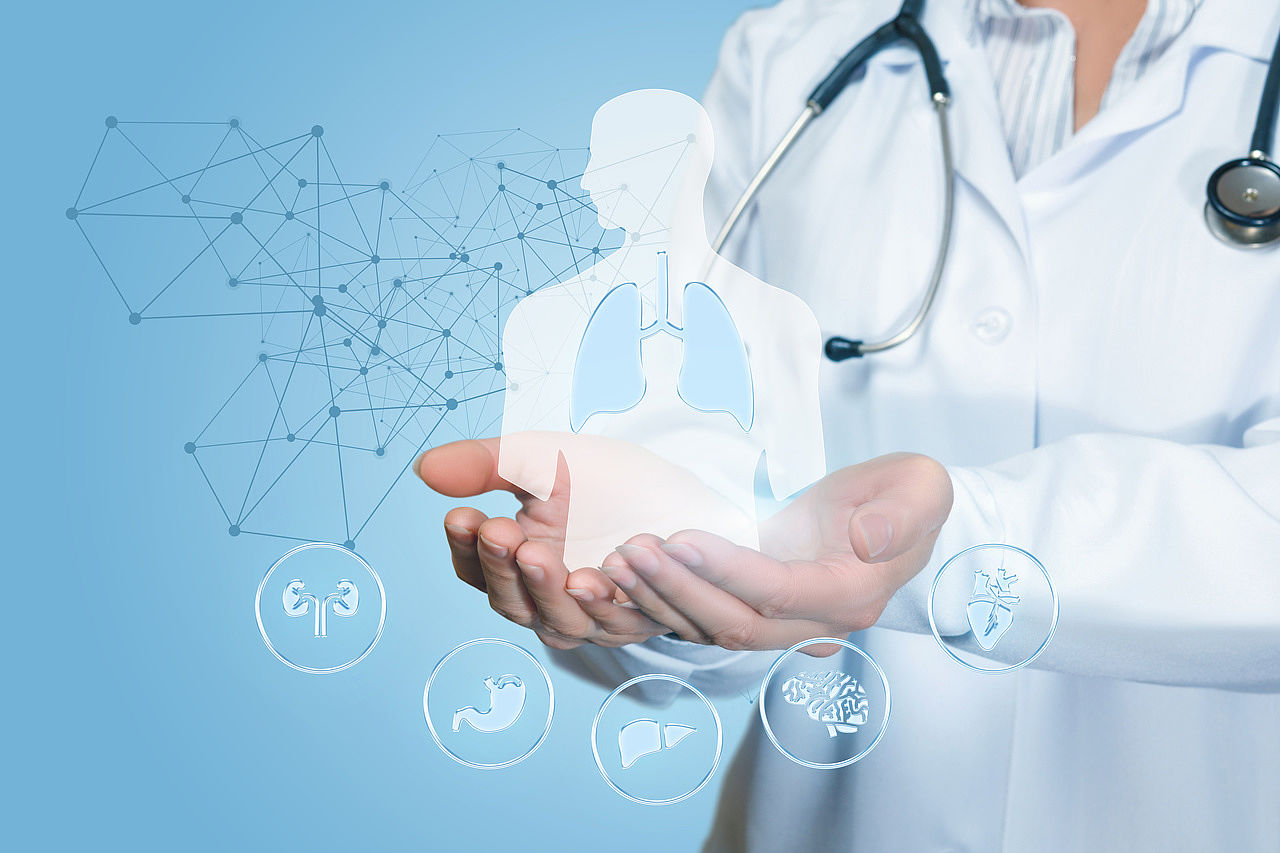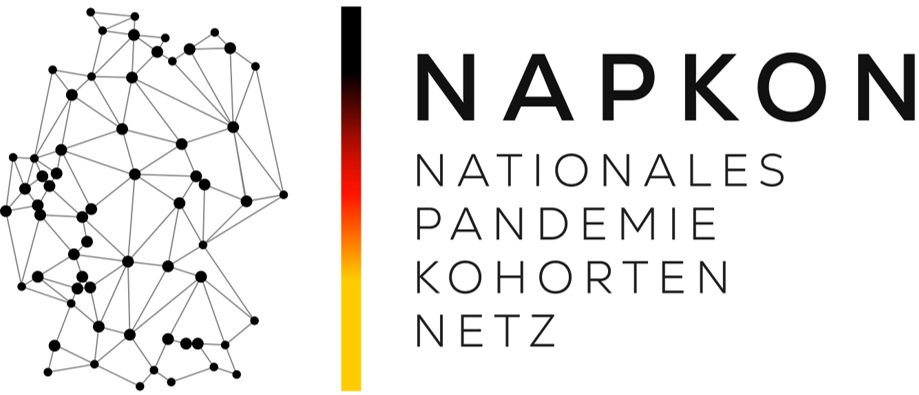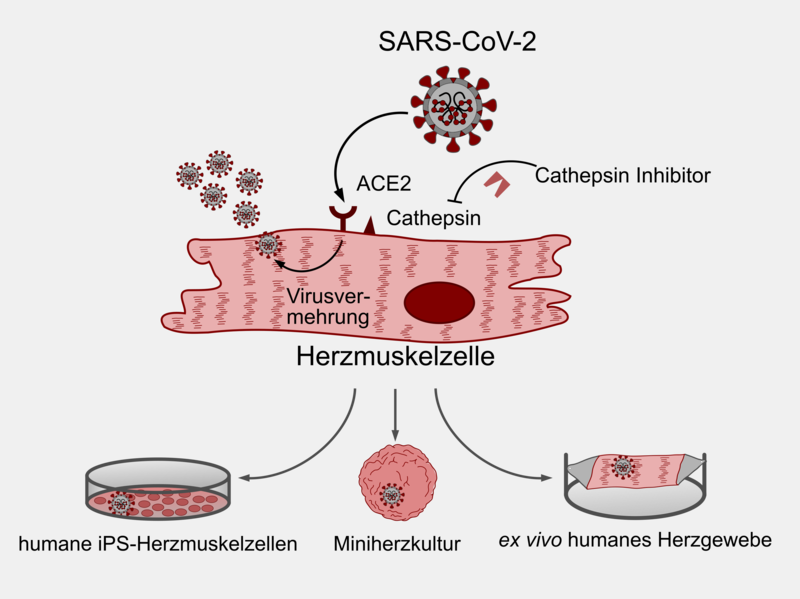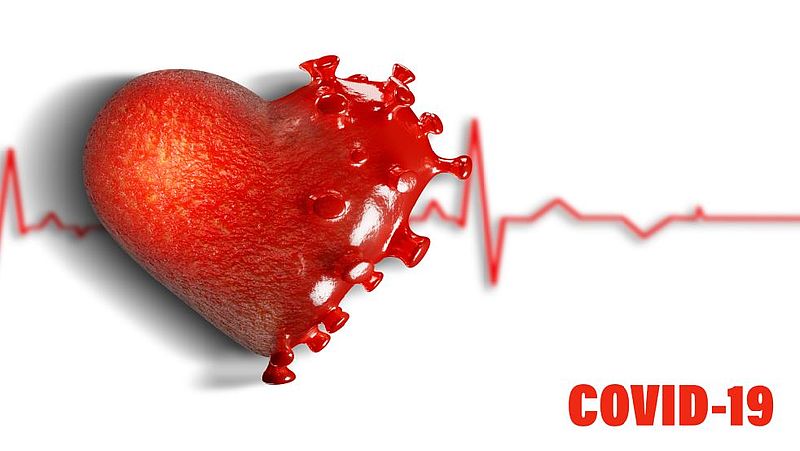The pandemic has regained momentum, but at the same time many questions remain unanswered in research. Who is falling seriously ill and why? Who is affected by secondary diseases and what are they? What therapeutic strategies can be derived? Answers can be found in the individual medical histories of the many thousands of infected people.
The German university hospitals and numerous other partners therefore want to intensively observe around 8000 infected and sick people over the entire course of the disease, enable special blood tests and record every special feature. They are involved in the National Pandemic Cohort Network (NAPKON), one of the central projects of the University Medicine Network, which is funded by the German government with 150 million euros. The overarching data infrastructure for the project is provided by the German Centre for Cardiovascular Research (DZHK).
Every detail can be important
"We look at the patients as if under a microscope, every little detail can be important," says infectiologist Prof. Janne Vehreschild, spokesperson for NAPKON and head of a cross-site working group at the University Hospitals of Frankfurt and Cologne and the German Centre for Infection Research. With the support of numerous scientists from a wide range of disciplines, standardised electronic questionnaires and procedures for collecting data and taking biosamples were developed for this purpose.
Some of the patients will also undergo a comprehensive examination of their general health and potentially affected organs, for example using ultrasound and magnetic resonance imaging. "Our examinations will allow us to finally find answers to urgent questions about health after an illness has been overcome," explains Prof. Martin Witzenrath, Deputy Director of the Department of Infectious Diseases and Pneumology at Charité, who is coordinating the most detailed examination programme within NAPKON with the so-called high-resolution cohort platform.
The patient takes the centre stage
Data and samples are only collected if the patients concerned have been informed in detail beforehand and have given their consent. The study staff carefully collects classic clinical examination parameters, data from imaging procedures as well as medical and nursing reports and enter all the information into a Germany-wide database. Many other parameters are added, such as information on quality of life, how quickly the patients recover, whether they have psychological problems, when they are able to work again or whether they develop secondary diseases. A central component of NAPKON is a uniform biosample set that is collected from all participants in a highly standardised manner and - linked with the other data - is intended to provide important findings for biomarker, vaccine and drug research.
Personnel and technical feat
The study staff will repeatedly collect around 2,000 characteristics from the participating patients in several visits - a huge labour and data processing effort. Five university hospitals - Hanover, Kiel and Würzburg in addition to Frankfurt and Charité - are coordinating NAPKON, in which all university hospitals and up to 200 other institutions, including doctors' surgeries and health authorities, participate. Almost 400 scientists are already involved in specialised and organ-specific working groups and are shaping the study and the research questions. Modern data science methods and artificial intelligence will be used to analyse the data. "A scientific collaboration of this magnitude, in this short space of time, is outstanding - I am incredibly grateful for the tremendous commitment and naturalness with which so many are backing the common goal," says Vehreschild.
How does the network work?
In order to get off to a quick start, NAPKON is relying on a research infrastructure that has already proven itself in practice during the initial phase: The German Centre for Cardiovascular Research has been conducting clinical trials with a cross-centre approach for years and has expanded its systems for Covid-19. The system works in accordance with the requirements of good clinical practice and the European General Data Protection Regulation while strictly protecting the personal rights of patients.
The research data infrastructure is designed for the long term and will be continued and expanded after a transition phase by the Medical Informatics Initiative, which also intends to incorporate data from apps and routine care.
The University Medicine network, the Medical Informatics Initiative and the participating German Centres for Health Research are funded by the Federal Ministry of Education and Research.
Press contacts:
Christoph Lunkenheimer, Press Spokesman, University Hospital Frankfurt, Tel.: 069 6301-86442, christoph.lunkenheimer(at)kgu.de
Christine Vollgraf, Head of Communications, German Centre for Cardiovascular Research, Tel.: 030 3465 52902, christine.vollgraf(at)dzhk.de
Scientific contacts:
Prof. Janne Vehreschild, NAPKON spokesperson, University Hospital Frankfurt, Tel.: 069 6301 80484, janne.vehreschild(at)kgu.de
Prof. Dr. Martin Witzenrath, Deputy Clinic Director of the Medical Clinic specialising in Infectiology and Pneumology, Charité Berlin, Tel.: 030 450 553892, martin.witzenrath(at)charite.de
Dr. Julia Hoffmann, Head of Research Platform, German Centre for Cardiovascular Research (DZHK), Tel.: 030 3465 52917, julia.hoffmann(at)dzhk.de





